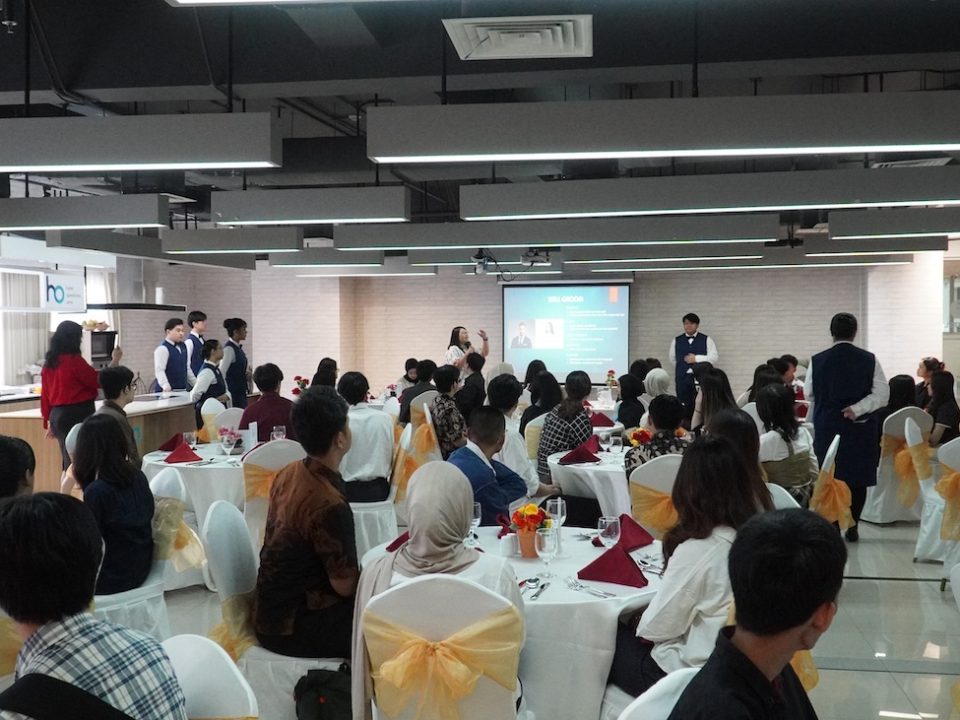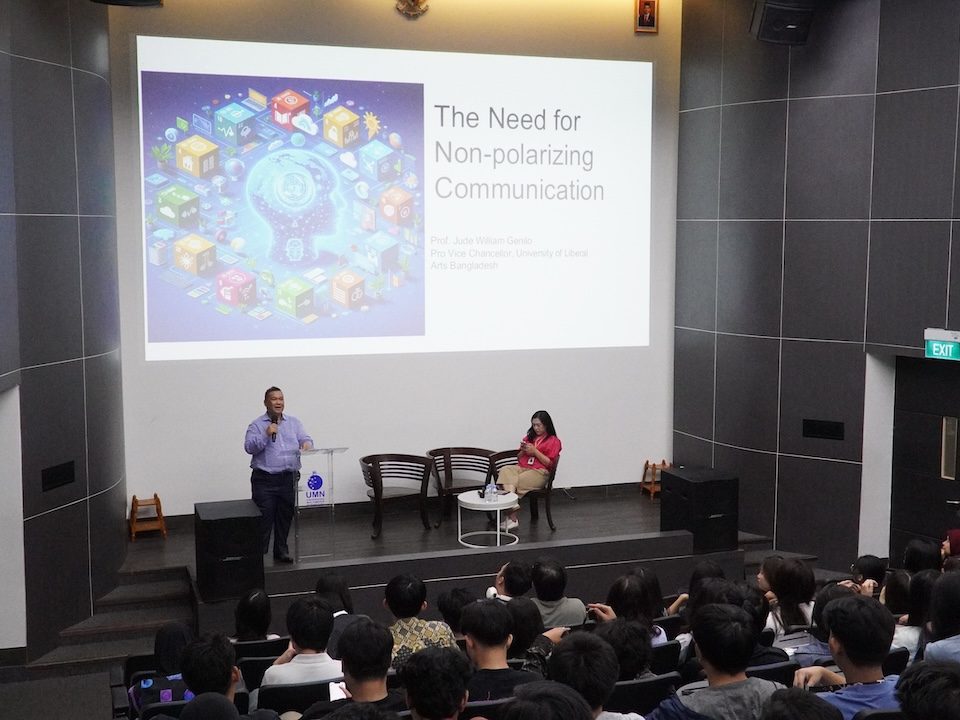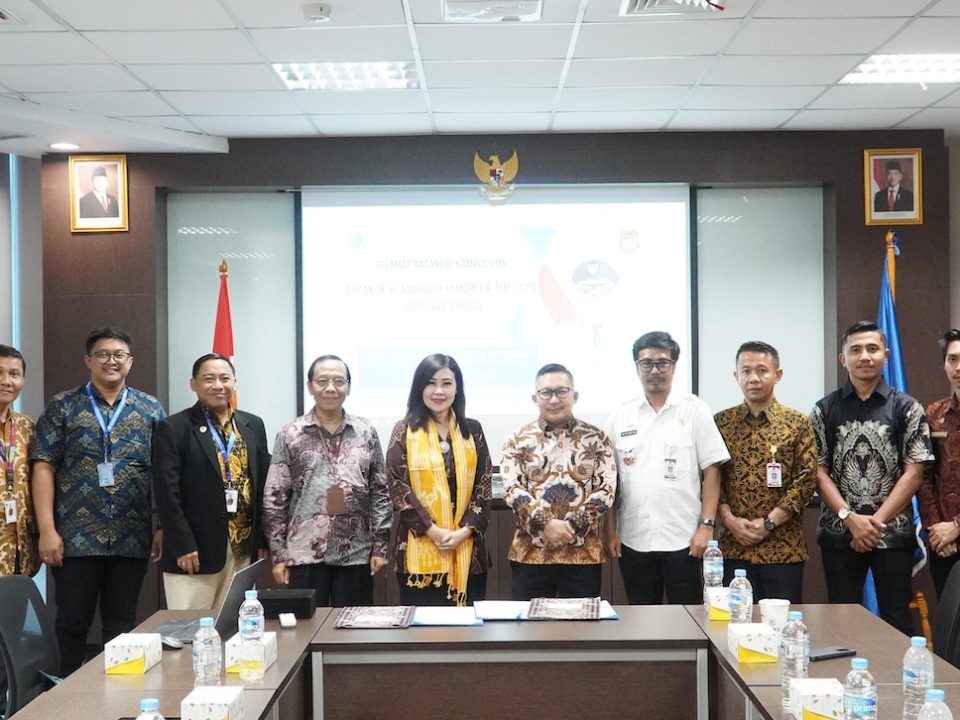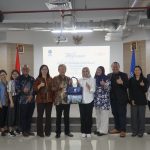
UMN Inaugurates Collaboration with City University Malaysia
August 29, 2025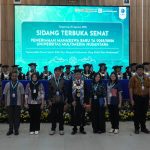
Universitas Multimedia Nusantara 2025 Open Senate Session: Becoming Caring and Impactful Students
August 29, 2025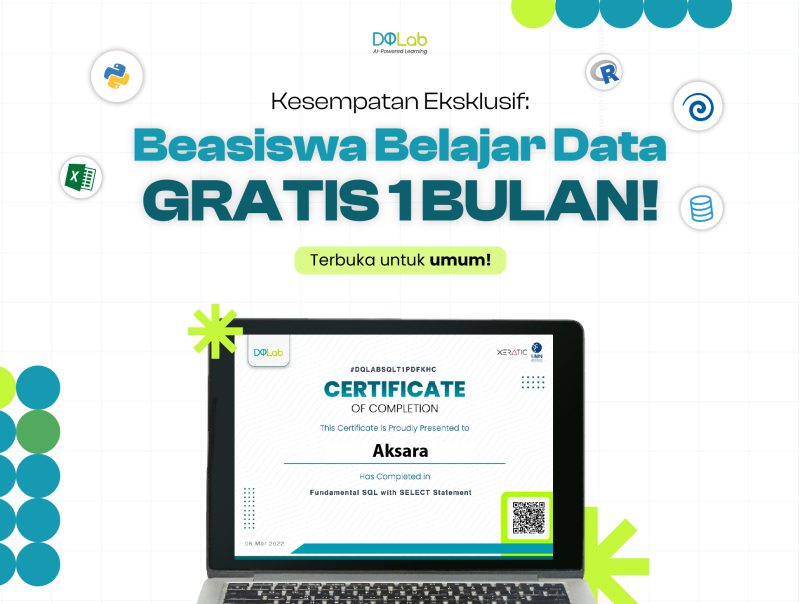
The digital transformation from 2025 to 2030 means that data-driven decision-making is no longer a “nice to have,” but a core competency in almost all business functions. Companies rely on data analysis for efficiency, growth, and risk mitigation, while AI and automation accelerate the need for talent capable of preparing data, building insights, and communicating them effectively. The latest global trends show a significant shift in job roles and skills towards “AI & Big Data,” network/cybersecurity, and technology literacy, all based on analytics.
In Indonesia, this acceleration is supported by a growing digital ecosystem. The e-Conomy SEA 2024 report notes that Southeast Asia’s digital economy is experiencing double-digit growth, and Indonesia remains the largest market. This momentum drives the need for data talent for profitability and sustainable development. The government is also accelerating the talent supply through the Digital Talent Scholarship (DTS) 2025 program, which aims to graduate 100,000 digital talents, part of a strategy to close the still wide skills gap.
1) Global Job Market: Surge in Demand, New Skills Map
The World Economic Forum’s Future of Jobs 2025 report projects a labor market transformation equivalent to 22% of total current jobs between 2025 and 2030, with 170 million new jobs created, 92 million affected, resulting in a net growth of 78 million. The fastest-growing skills are AI & Big Data, network & cybersecurity, and technology literacy, while analytical thinking remains the most sought-after core competency. This means that “analytical thinking + data literacy + AI understanding” is the golden combination for maintaining career relevance in this decade.
Learning analytics now provides significant “option value.” Not only will you be ready to fill data roles such as Data Analyst, Data Scientist, Business Intelligence, and Machine Learning, but you will also strengthen non-technical roles (marketing, finance, operations) with data-driven decisions.
2) The Demand for Data Talent in Indonesia is Quite High
In Indonesia, digital transformation is driven by e-commerce, fintech, manufacturing, and even the healthcare sector, which has increased the demand for data analytics. The 2025 Indonesia Digital Economy Report from the Coordinating Ministry for Economic Affairs projects that the digital economy’s contribution could reach US$146 billion by 2025. This figure can only be achieved if there is a supply of talent capable of processing, reading, and utilizing data as a basis for decision-making.
However, many companies cite the lack of workers with strong analytical skills as one of their main challenges. The World Economic Forum’s 2025 survey also ranks analytical thinking, AI, and big Data among the most sought-after skills globally. This means that professions such as data analysts are essential not only in technology companies but also in traditional sectors such as banking, retail, energy, and transportation, which are undergoing digital transformation.
3) Digital Economy Momentum, Data Becomes the “Fuel” for Profitability
The e-Conomy SEA 2024 (Google–Temasek–Bain) study confirms that the region’s digital economy is growing at ~15% YoY (GMV of US$263 billion in 2024). To maintain growth and profitability, companies drive efficiency in economic units highly dependent on analytics, cost-to-serve, customer acquisition & retention, supply chain optimization, and fraud detection. This opens up career paths for analysts in various functions (growth, finance, ops, product) because data-driven decisions have been proven to shorten the time to profit and scale.
With these needs, what should the younger generation learn?
- A strong foundation in applied statistics, SQL, and spreadsheet modeling.
- Technical Python for data wrangling and analysis, BI dashboards (Power BI/Tableau/Looker), and basic machine learning for practical use cases.
- Business and communication skills, including problem framing, A/B testing, and data-driven storytelling.
Want to prepare yourself with a practical curriculum, industry mentors, and an ” HR-ready ” portfolio? Join the DQ Scholarship at DQLab for Data Analytics. You’ll learn advanced fundamental modules, build real-world case studies, and receive support from professional mentors to enhance your skills!
Sign up now and seize the opportunity amid the surge in demand for data talent by 2025. Register now here: https://bit.ly/DQMEDIA
By DQLab
English translation by Levina Chrestella Theodora
Kuliah di Jakarta untuk jurusan program studi Informatika| Sistem Informasi | Teknik Komputer | Teknik Elektro | Teknik Fisika | Akuntansi | Manajemen| Komunikasi Strategis | Jurnalistik | Desain Komunikasi Visual | Film dan Animasi | Arsitektur | D3 Perhotelan , di Universitas Multimedia Nusantara.

